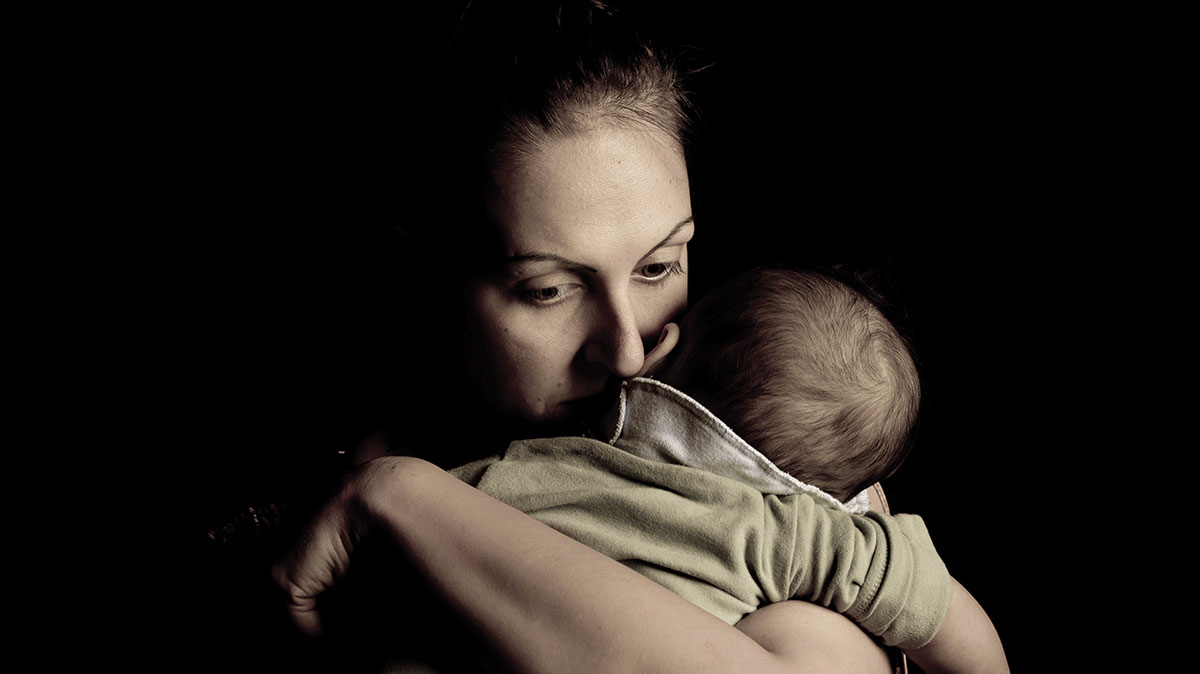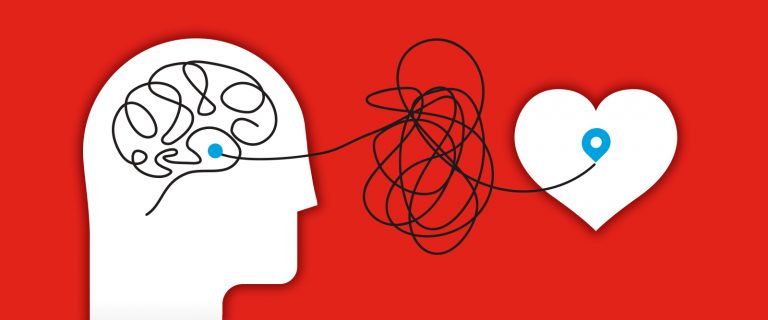New Parents and Mental Health
To mark Mental Health Month this year, we wanted to talk about new parents and mental health.
The birth of a new baby is exciting and joyous. Or we think it should be. And for the most part it is. But we often neglect to talk about the ways in which it is incredibly challenging. The making of a parent involves the breaking down and remodelling of a person in their entirety. New parents are tested to their limits by lack of sleep, learning on the job, and being responsible for the vulnerable life of another human being. For the mother, the process of birth is unlike any other physical and emotional experience she will ever have. In this period, she is also physically healing, flooded with various hormones, and possibly navigating new skills like breastfeeding.
It makes sense that this post-natal period marks the most common time in a women’s life to develop mental health issues.[1] While there are risk factors that might increase a women’s chances of experiencing mental health issues during this period, anyone can struggle regardless of their history. Some of the risk factors that are likely unsurprising include a personal, or family history, of mental health problems, increased life stresses (such as twins, a special needs child, home environment changes, etc.), current drug or alcohol issues, or a history of abuse. Some risk factors are a little less obvious, such as a lack of practical, social, or emotional support, or having an anxious or perfectionist personality.[2] This explains why some of those who think they are most prepared (have read every book and bought every gadget) may actually struggle more.
Sadly, suicide is the leading cause of maternal death in Australia.[3] In fact, there is a spike in risk between 9-12 months post-partum.[4] So it is not just the early months where mothers need support.
It is also worth noting that mothers are not the only ones at risk. Partners and fathers are also at greater risk of mental health issues in the months following birth.[5] A new baby marks an upheaval for all family members.
So awareness of this period of vulnerability is really important for new parents, as well as their personal and professional supports. Of equal importance is new parents feeling safe to be honest about how they are travelling through parenthood. It is easy to feel alone and like you are the only one struggling, yet this is very far from the truth. The more that we are willing to speak openly about the challenges of new parenthood, the easier it is for new parents experiencing mental health challenges to recognise they need help, and to be able to get it. This in turn will allow them to fully experience the amazing love and joy that is also found in becoming a parent.
[1] https://www.cope.org.au/new-parents/postnatal-mental-health-conditions/
[2] Ibid.
[3] Meurk C., et al. (2021). Suicidal behaviours in the peripartum period: A systematic scoping review of data linkage studies. Archives of Women’s Mental Health, 24, 579-593. https://doi.org/10.1007/s00737-021-01102-x
[4] https://www.uq.edu.au/news/article/2021/04/suicidality-among-childbearing-women-major-challenge
[5] https://www.cope.org.au/new-parents/postnatal-mental-health-conditions/
- New Parents and Mental Health - 10 October 2022
- Trauma Informed Practice: What is it and how do we do it - 28 July 2022
- Interoception – How trauma impacts our sixth sense - 15 July 2022




